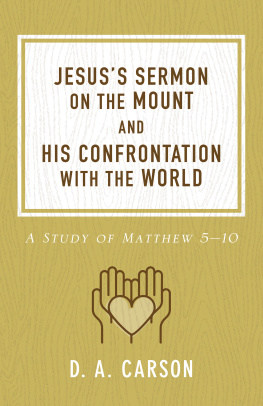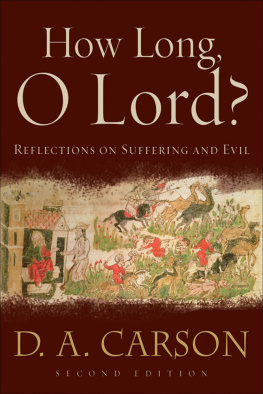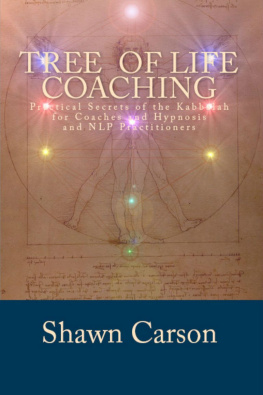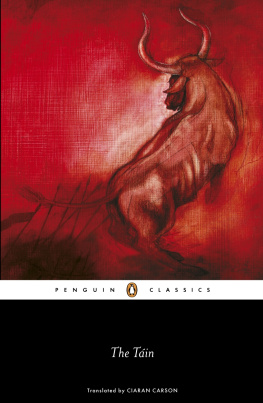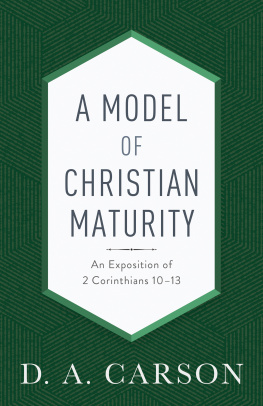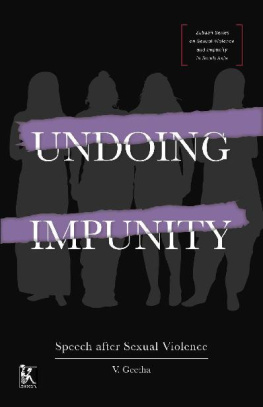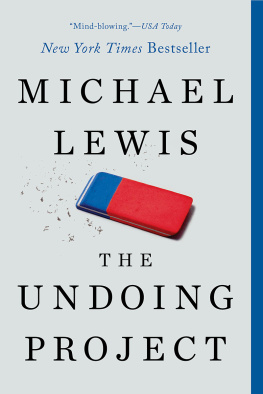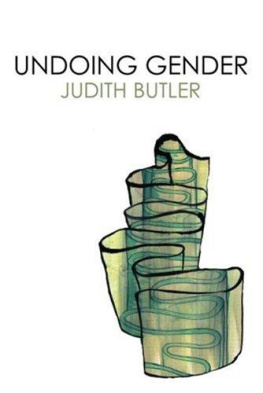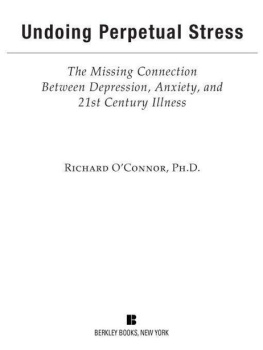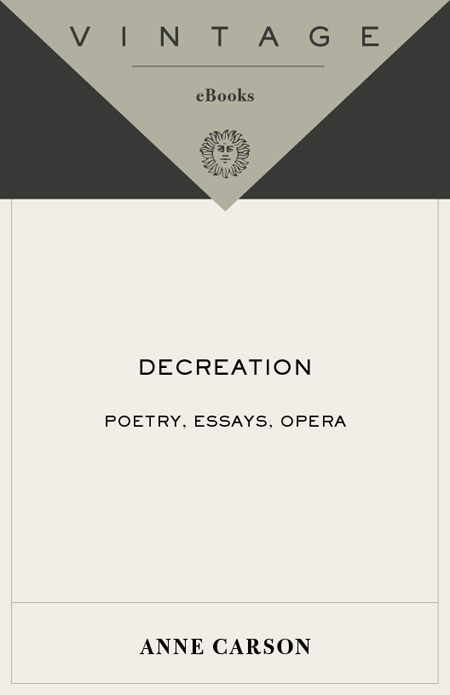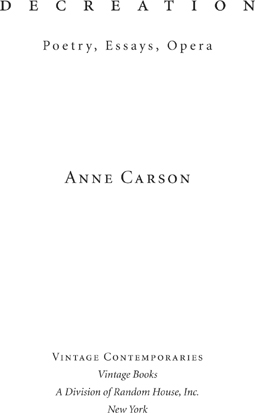I love a poetical kinde of a march, by friskes, skips and jumps.
ILLUSTRATIONS
Monica Vitti in Il Deserto Rosso 60
Seated Figure with Red Angle (1988) by Betty Goodwin 96
Still from Quadrat I & II 118
STOPS
SLEEPCHAINS
Who can sleep when she
hundreds of miles away I feel that vast breath
fan her restless decks.
Cicatrice by cicatrice
all the links
rattle once.
Here we go mother on the shipless ocean.
Pity us, pity the ocean, here we go.
SUNDAY
My washed rags flap on a serious grey sunset.
Suppertime, a colder wind.
Leaves huddle a bit.
Kitchen lights come on.
Little spongy mysteries of evening begin to nick open.
Time to call mother.
Let it ring.
Six.
Seven.
Eightshe
lifts the receiver, waits.
Down the hollow distances are they fieldmice that scamper so drily.
LINES
While talking to my mother I neaten things. Spines of books by the phone.
Paperclips
in a china dish. Fragments of eraser that dot the desk. She speaks
longingly
of death. I begin tilting all the paperclips in the other direction.
Out
the window snow is falling straight down in lines. To my mother,
love
of my life, I describe what I had for brunch. The lines are falling
faster
now. Fate has put little weights on the ends (to speed us up) I
want to tell hersign of God's pity. She won't keep me
she says, she
won't run up my bill. Miracles slip past us. The
paperclips
are immortally aligned. God's pity! How long
will
it feel like burning, said the child trying to be
kind.
OUR FORTUNE
In a house at dusk a mother's final lesson
ruins the west and seals up all that trade.
Look in the windows at night you will see people standing.
That's us, we had an excuse to be inside.
Day came, we cut the fruit (we cut
the tree). Now we're out.
Here is a debt
paid.
NO PORT NOW
In the ancient struggle of breath against death, one more sleep given.
We took an offer on the house.
In the sum of the parts
where are the parts?
Silently (there) leaves and windows wait.
Our empty clothesline cuts the sloping night.
And making their lament for a lost apparel of celestial light
angels and detritus call out as they flow past our still latched gate.
WOULD BE HER 50TH WEDDING ANNIVERSARY TODAY
Cold orates upon a Roman wall.
Light is extreme (caught)
and shadows wait like
hoods to drop.
Brain taps
twice
for salt.
Was it Ovid who said, There is so much wind here stones go blank.
SOME AFTERNOONS SHE DOES NOT PICK UP THE PHONE
It is February. Ice is general. One notices different degrees of ice.
Its coloursblue white brown greyblack silvervary.
Some ice has core bits of gravel or shadows inside.
Some is smooth as a flank, you cannot stand on it.
Standing on it the wind goes thin, to shreds.
All we wished for, shreds.
The little ones cannot stand on it.
Not one letter, not one stroke of a letter, can stand.
Blindinglywhat came through the world thereburns.
It is February. Ice is general. One notices different degrees of ice.
THAT STRENGTH
That strength, mother: dug out. Hammered, chained,
blacked, cracked, weeping, sweeping, tossed on its
groans, hammered, hammering snouts
off death. Bolted and damming,
dolloped and biting. Knife. Unbloodable
on grindbones
that strength, mother,
stopped.
METHINKS THE POOR TOWN HAS BEEN TROUBLED TOO LONG
Light on brick walls and a north wind whipping the branches black.
Shadow draws the gut of the light out dry against its palm.
Eat your soup, mother, wherever you are in your mind.
Winter noon is on the rise. Weak suns yet alive
are as virtue to suns of that other day.
For the poor town dreams
of surrender, mother
never untender,
mother gallant
and gay.
DESPITE HER PAIN, AN OTHER DAY
River fogs (7 AM ) stray and begin, shiver and begin
on the September mill rocks.
Bits of leaf mirror along. I have arrived at my sanity.
Evidence (7 PM ): while she medicates I walk by the river.
Millwheel smells like wet cornhusk.
On my back (2.38 AM ) in the dark at Dorset Motel I listen to the radiator click
and to her, awake on the other side of town
in the hot small room
gripping a glow-in-the-dark rosary.
Whatever they say about time, life only moves in one direction,
that's a fact, mirroring along.
River fogs (7 AM ) go flayed and silvery
when it dawns dark
on the day I leave.
DANGER DO NOT DROP OR DRAG ANCHOR
reads a sign just off the selvedges.
Mindingness gulps us.
Her on the bed as bent twigs.
Me, as ever, gone.
NOTHING FOR IT
Your glassy wind breaks on a shoutless shore and stirs around the rose.
Lo how
before a great snow,
before the gliding emptiness of the night coming on us,
our lanterns throw
shapes of old companions
and
a cold pause after.
What knife skinned off
that hour.
Sank the buoys.
Blows on what was our house.
Nothing for it just row.
HER BECKETT
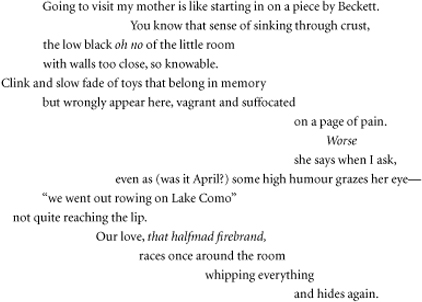
BECKETT'S THEORY OF TRAGEDY
Hegel on sacrifice. The animal dies. The man becomes alert.
What do we learn we learn to notice everything now.
We learn to say he is a hero let him do it.
O is shown moving to the window.
What a rustling what an evening. Oh little actor
(living moving mourning lamenting and howling incessantly)
time to fly back to where they keep your skin.
Frail was it.
Sound of oars drawing away from shore.
That tang of dogshit in darkness.
That's your starry crown.
Off with his hood.
BECKETT'S THEORY OF COMEDY
Picking gooseberries, she said.
O is shown moving to the window.
Should traps be not available.
Or they kneel throughout the play.
That lifelong adorer!
Same old coat.
No verticals, all scattered and lying.
Tomorrow noon?
Goes back up the path, no sign of you. [Pause.]
EVERY EXIT IS AN ENTRANCE
(A Praise of Sleep)
Every Exit Is an Entrance
I want to make a praise of sleep. Not as a practitionerI admit I have never been what is called a good sleeper and perhaps we can return later to that curious conceptbut as a reader. There is so much sleep to read, there are so many ways to read it. In Aristotle's view, sleep requires a daimonic but not a divine kind of reading. Keats wrote a Sonnet to Sleep, invoking its powers against the analytic of the day:


